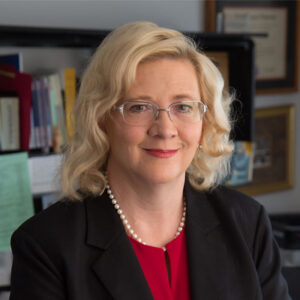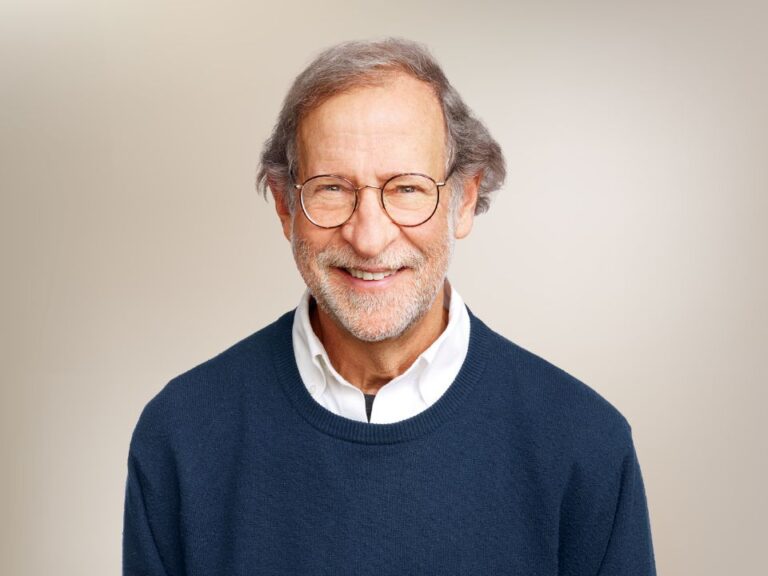The recent ASCO guideline update on palliative care for cancer patients represents a significant milestone in our field’s evolution. This evidence-based guidance emphasizes what I’ve advocated throughout my career—that palliative care must be integrated early and concurrently throughout the cancer journey. This holistic approach to cancer care has been my life’s work and passion.
As I reflect on my journey in the field of oncology and palliative care, I am reminded of the profound impact that quality of life research has had on patient care. My story begins in Oklahoma, where I started my career as a bedside nurse in oncology, a field that was just emerging in the mid-1970s.
The concept of oncology was new, and the hospital had just decided to create a dedicated oncology unit to better manage chemotherapy treatments. This was the beginning of my lifelong commitment to improving patient care through research and advocacy.
At City of Hope, I found a place where I could dedicate myself to full-time research, particularly in the areas of pain management, palliative care, and quality of life. One of the pivotal moments in my career was the development of the quality-of-life model, which initially included physical, psychological, social, and functional dimensions. Through our research, we discovered the importance of spiritual well-being, leading to the inclusion of a spiritual dimension in the model. This holistic approach has guided our studies and interventions, emphasizing the need to address the whole person, not just the physical symptoms of cancer.
Collaborations have been a cornerstone of our work at City of Hope. Early on, we focused on the bone marrow transplant population, working with world class clinicians to understand the human experience of undergoing such intensive treatments. This collaboration extended to various departments, including surgery, where we worked with surgeons to integrate quality-of-life research into surgical care. These partnerships and continued close research collaborations with our surgeons have been instrumental in advancing our understanding and improving patient outcomes.
Our work has also extended to phase I clinical trials, where we collaborate with medical oncology experts to better understand the quality of life for patients undergoing experimental treatments. These patients often have advanced-stage disease and have exhausted other therapies, yet they remain hopeful and committed to contributing to scientific advancement.
Beyond the U.S., our efforts have reached international communities through the End-of-Life Nursing Education Consortium project. We have trained clinicians in more than 115 countries, emphasizing the importance of palliative care and quality of life in diverse settings. This global outreach has been a testament to the universal need for compassionate care and the impact of education and mentorship.
As I reflect on my journey in the field of oncology and palliative care, I am reminded of the profound impact that quality of life research has had on patient care.
We, as oncology leaders, have the opportunity to change lives, change science, and raise the bar of what all people can expect from cancer care. When I first started in this field, we conducted descriptive studies to understand the patient perspective through observational research. After a few years, we realized we needed to move forward and change care, and so began the implementation of intervention studies to test new approaches for supporting people with cancer—integrating palliative care for patients on clinical trials.
Our research has been successful in changing the entire paradigm of how cancer is treated, but our work cannot and should not end here.
At City of Hope, the commitment to quality of life is evident in every aspect of care. From the valet parker to the housekeeper, every member of the team plays a vital role in supporting patients and their families. This culture of compassion and excellence is what makes City of Hope a special place, where we strive to change lives and advance science.
As we continue to push the boundaries of cancer care, I remain optimistic about the future. We have made significant progress, but there is still much work to be done. By integrating quality of life research into every facet of oncology, we can ensure that patients receive the holistic care they deserve, from diagnosis to survivorship and care at the end of life.
Dr. Betty Ferrell is a trailblazer in the field of quality of life and palliative care, with over 36 years of experience at City of Hope. She has been elected to the National Academy of Medicine and received a lifetime achievement award from the Oncology Nursing Society. Listen to Dr. Ferrell on City of Hope’s new podcast, “On the Edge of Breakthrough: Voices of Cancer Research.” Available on Spotify, Apple Podcasts and at cityofhope.org/edge-of-breakthrough.
City of Hope® is one of the largest and most advanced cancer research and treatment organizations in the U.S., with its National Medical Center named top 5 in the nation for cancer by U.S. News & World Report. To learn more about City of Hope, visit: www.cityofhope.org.












